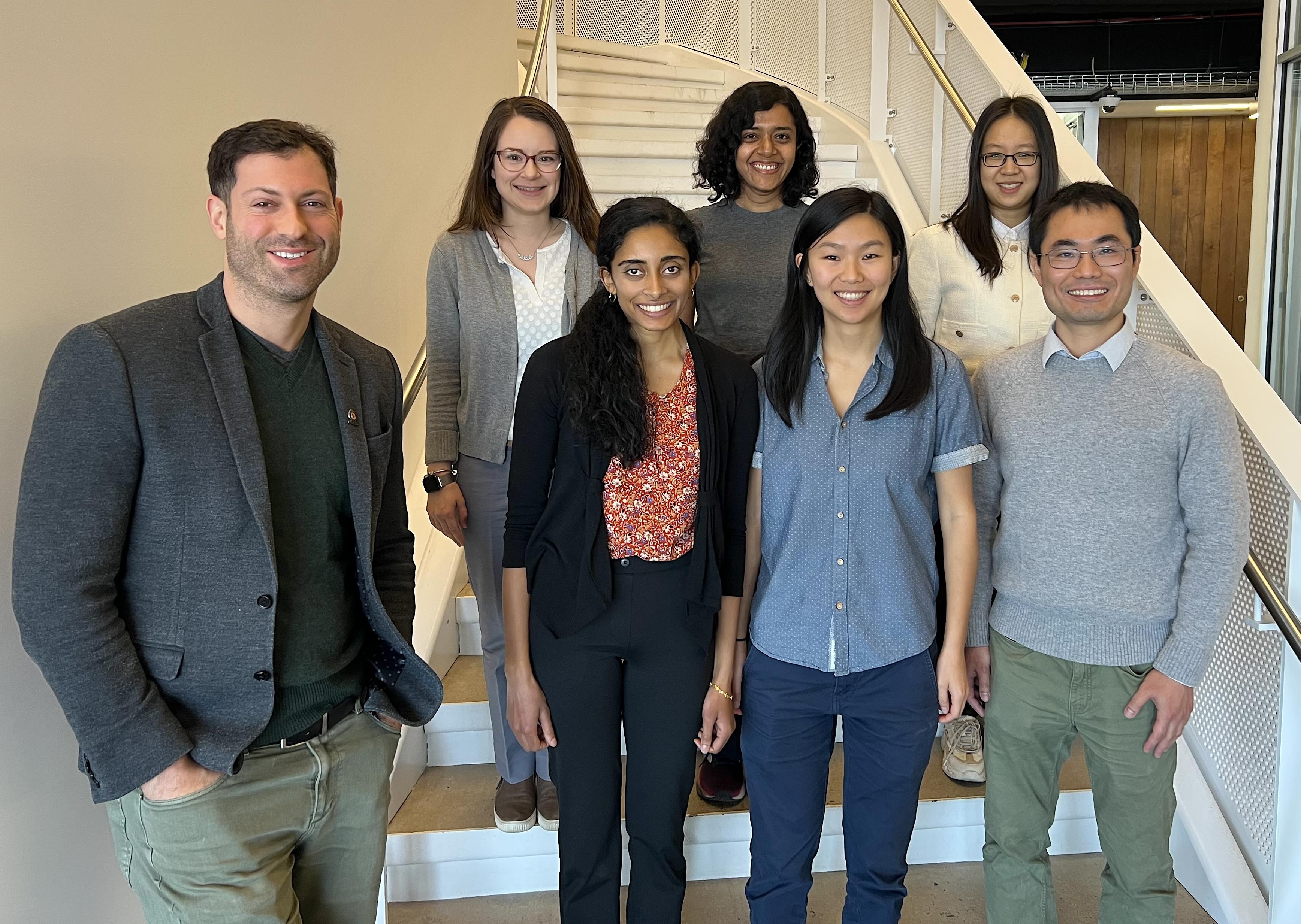
With a goal of advancing broader inclusion and diversity in the tech world, the University of Maryland Center for Machine Learning recently hosted an annual workshop designed to empower and engage early-stage researchers from underrepresented backgrounds in computer science and machine learning.
Now in its sixth year, the Rising Stars in Machine Learning program provides a $500 honorarium and an all-expenses-paid trip to College Park, where selected scholars—a mixture of graduate students, postdocs, and early-career industry researchers—can present their research and interact with UMD’s machine learning community.
“By promoting machine learning research through this program, we not only advance the field, but also inspire a diverse group of students to join us,” says Haizhao Yang, an associate professor of mathematics and member of the machine learning center who chaired this year’s program.
From the 85 applicants that applied in 2024, six winners were selected to present their work. Five traveled to College Park for the December workshop, and one presented their work virtually.
The workshop, held in the Brendan Iribe Center for Computer Science and Engineering, commenced with a meet-and-greet breakfast and opening remarks from Tom Goldstein, professor of computer science and director of the UMD Center for Machine Learning.
Both Goldstein and Yang have appointments in the University of Maryland Institute for Advanced Computer Studies (UMIACS), which helped coordinate the event.
Ying Fan, a doctoral candidate at the University of Wisconsin–Madison, was the first Rising Star to present their work after the opening remarks. Fan’s work focuses on sequential learning problems, including reinforcement learning and human feedback for diffusion models and large language models.
“What struck me most about the workshop was the collaborative atmosphere and the opportunity to engage in meaningful discussions about the future of AI,” she says. “The mentorship sessions provided invaluable insights that will shape my research approach as I advance in my career.”
Maya Varma is a doctoral candidate at Stanford University, where her research aims to build machine learning methods for advancing disease diagnostics, with a particular focus on medical imaging applications. She described this year’s workshop as “an extremely valuable experience to share my research, learn from the other Rising Stars, and meet the incredible faculty and students at the University of Maryland.”
Other Rising Star presenters included Angelina Wang, a postdoctoral fellow from Stanford University who researches machine learning fairness and algorithmic bias; Swati Padmanabhan, a postdoctoral researcher at the Massachusetts Institute of Technology who works on algorithms for optimization in theoretical computer science, machine learning, and control theory; Sarah Wiegreffe, a postdoctoral researcher at the Allen Institute for AI focusing on the interpretability and transparency of language models and other neural networks; and Chulin Xie, a doctoral candidate at the University of Illinois at Urbana-Champaign with a broad interest in trustworthy machine learning and optimization.
Financial support for this year’s program was provided by the UMD Center for Machine Learning, the Department of Computer Science, UMIACS, and the Institute for Trustworthy AI in Law & Society.
—Story by Melissa Brachfeld, UMIACS communications group